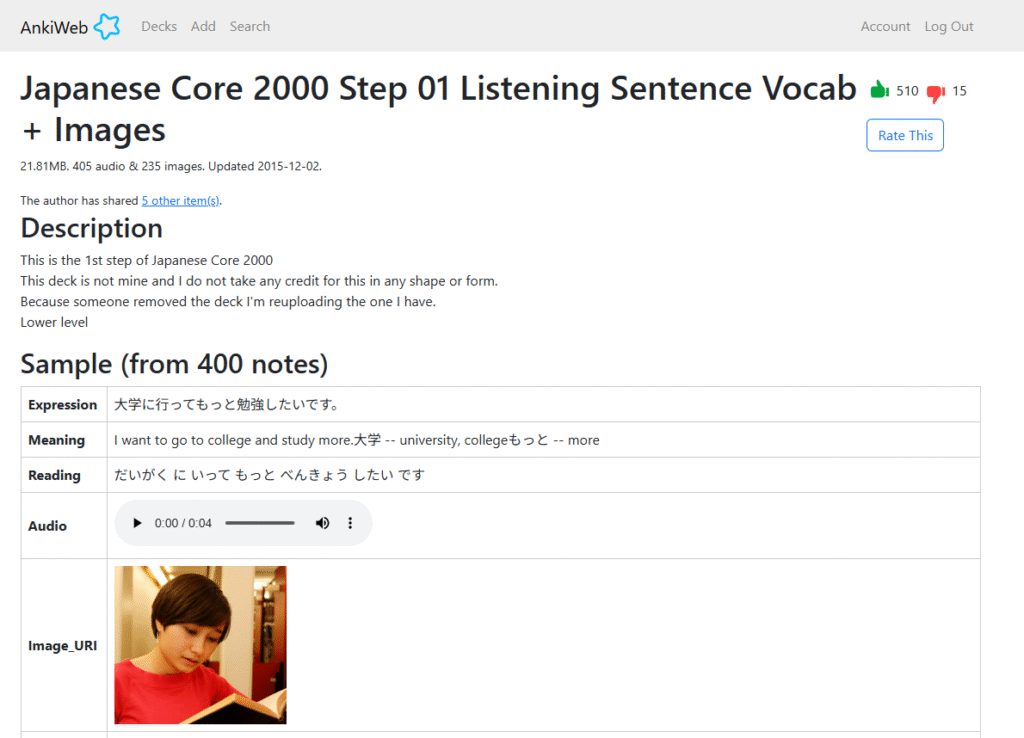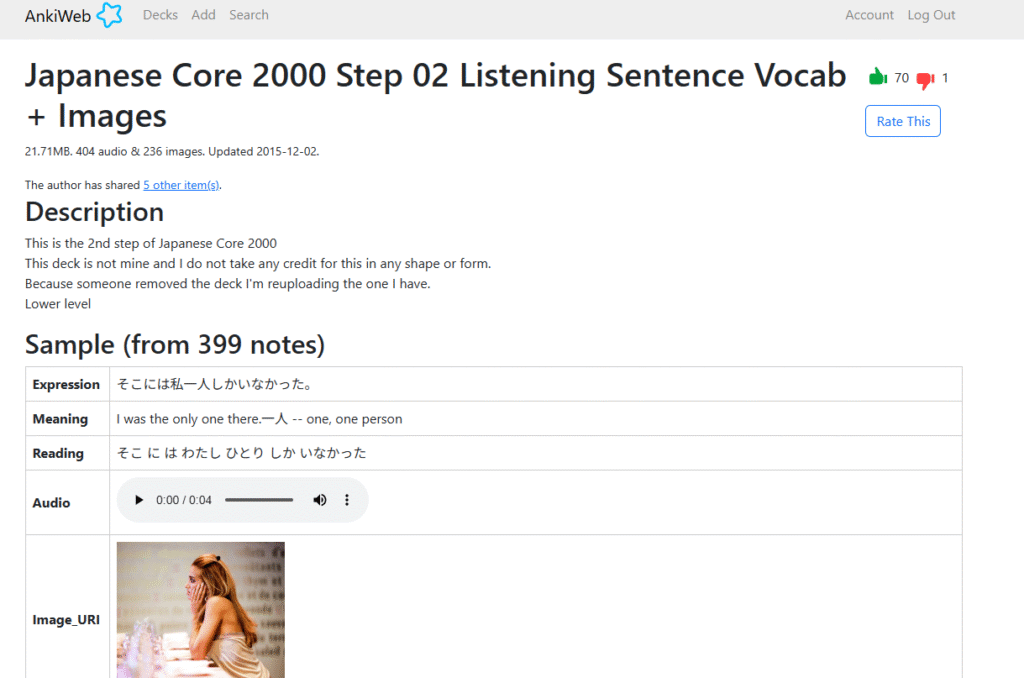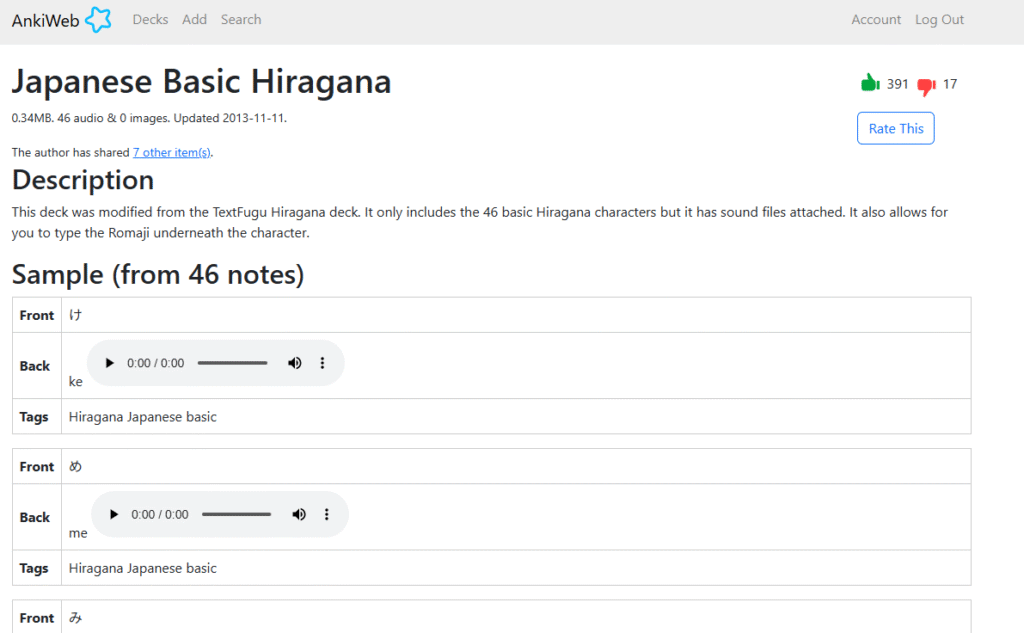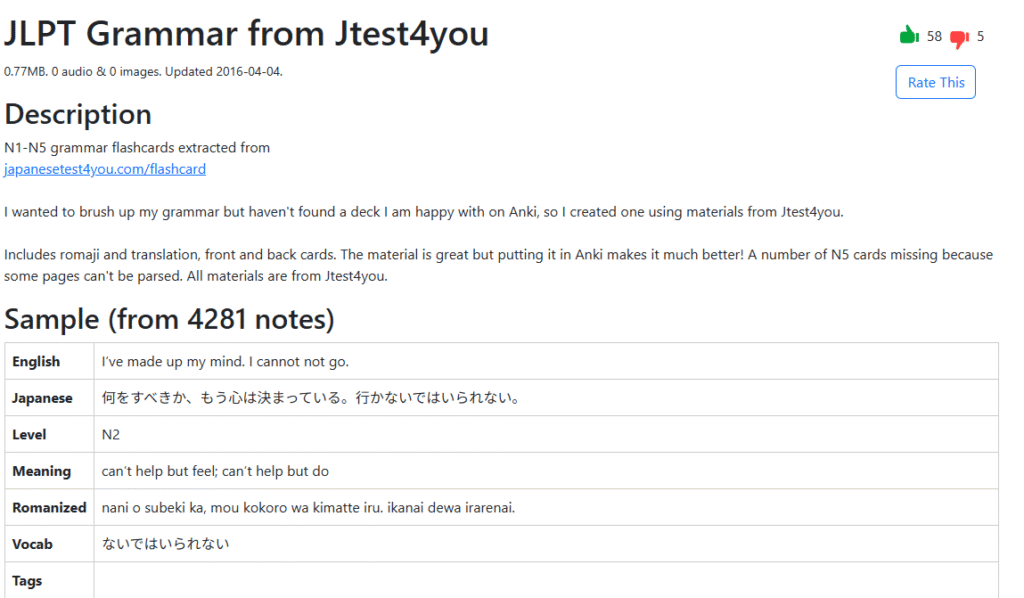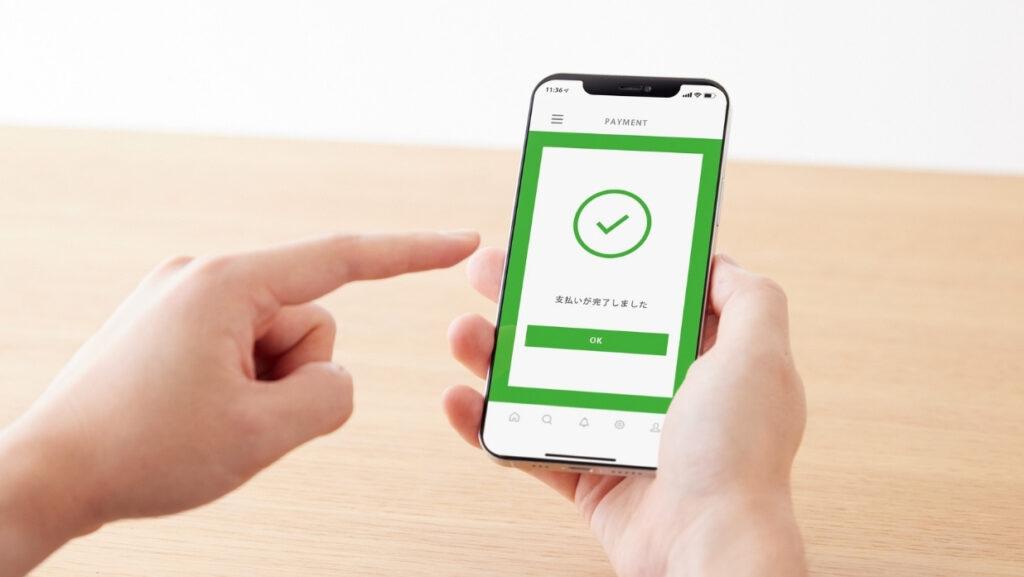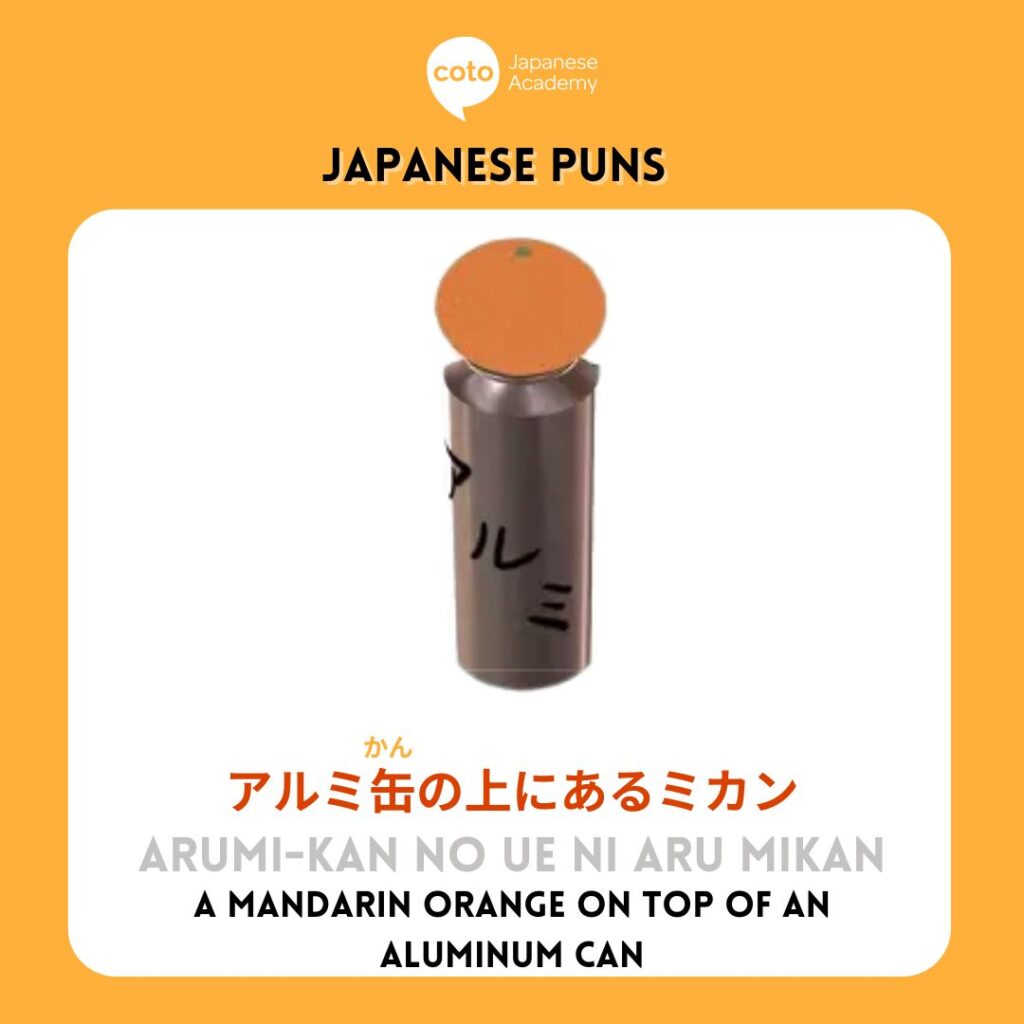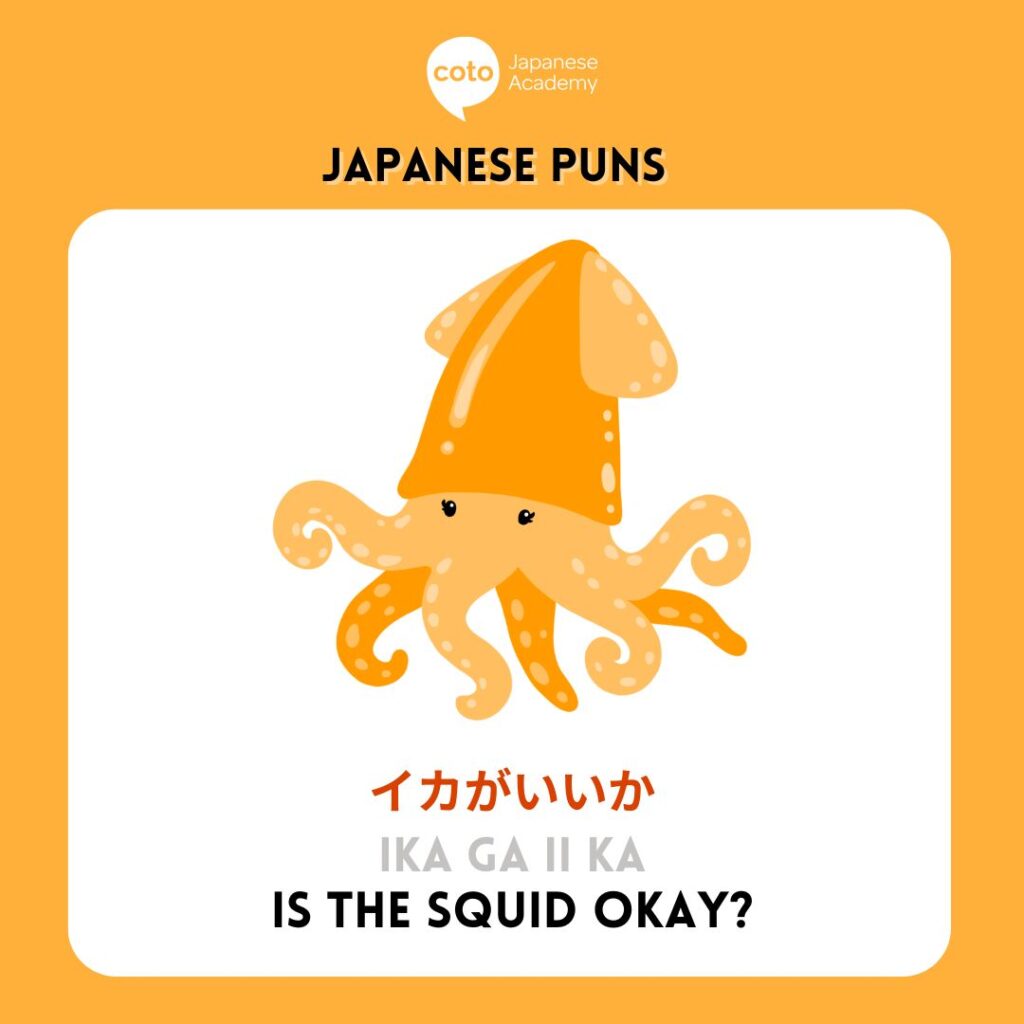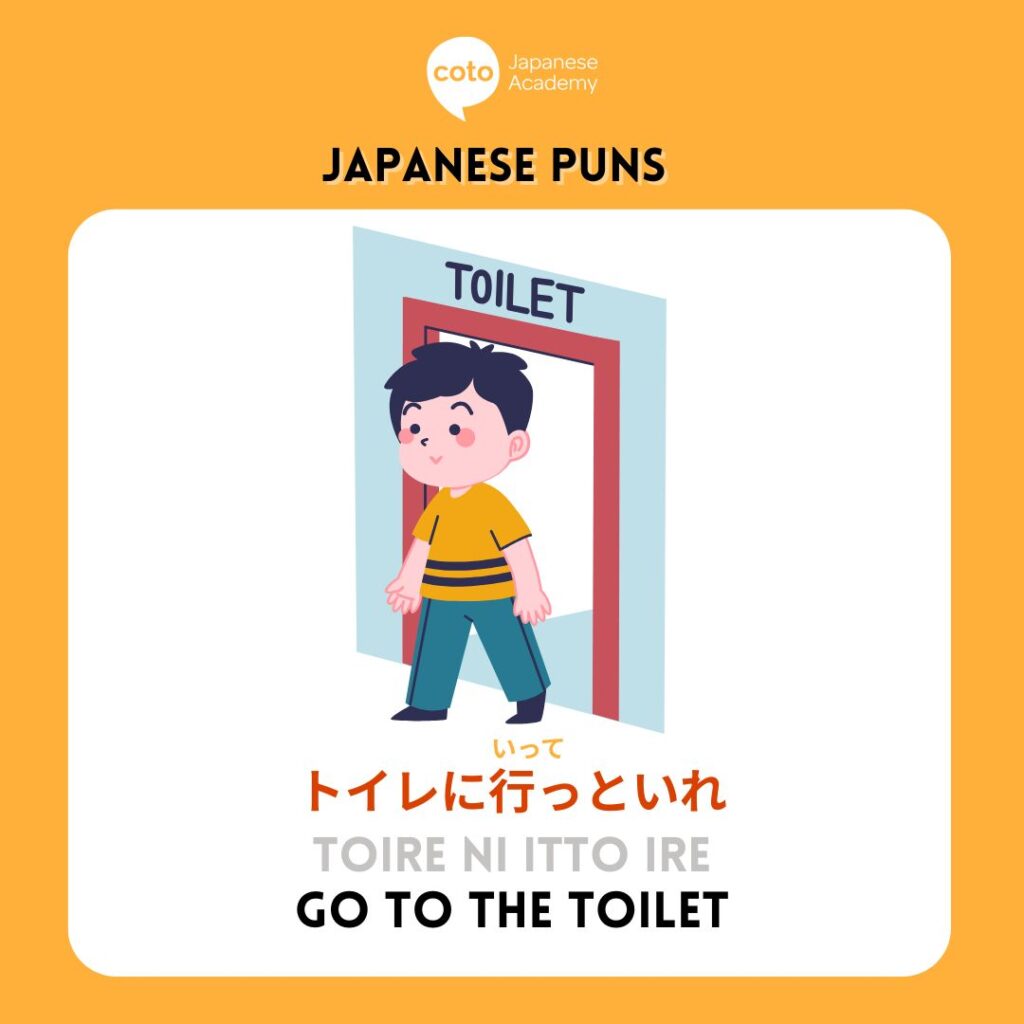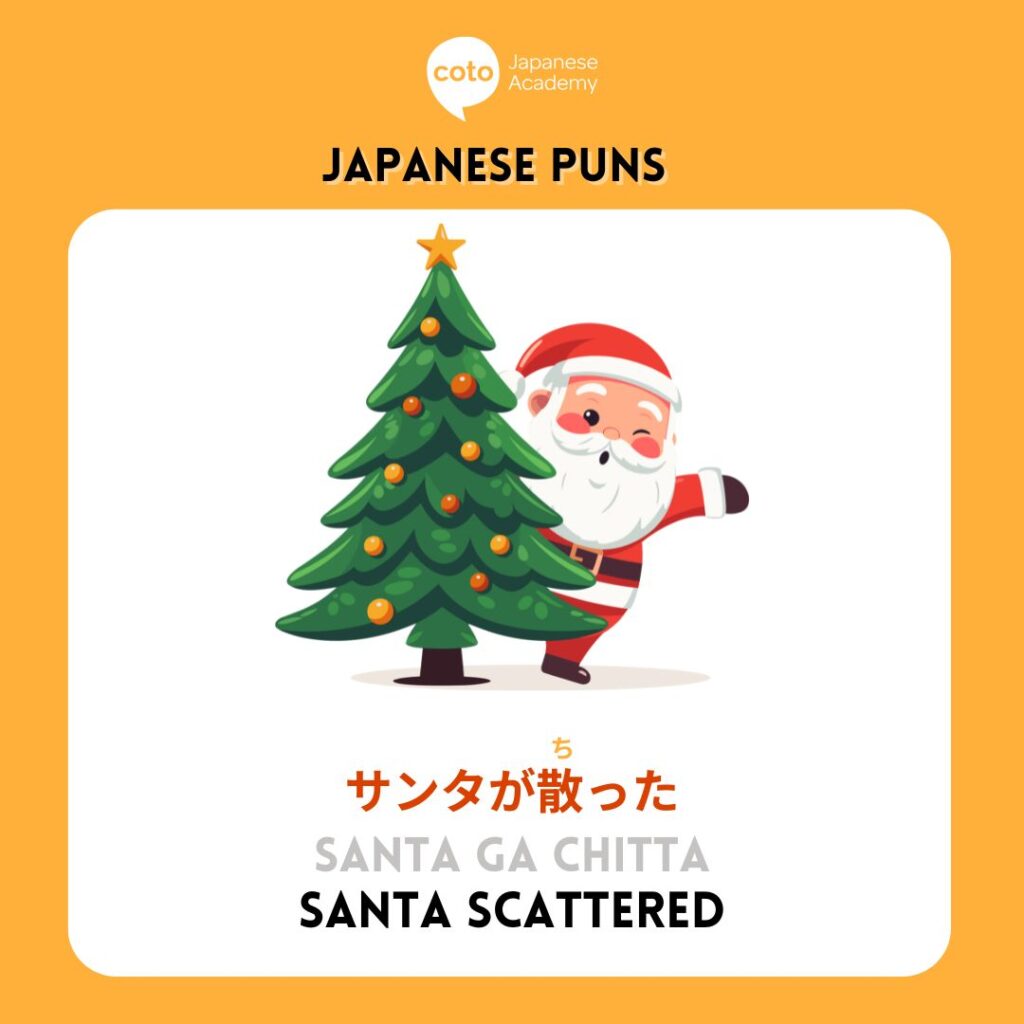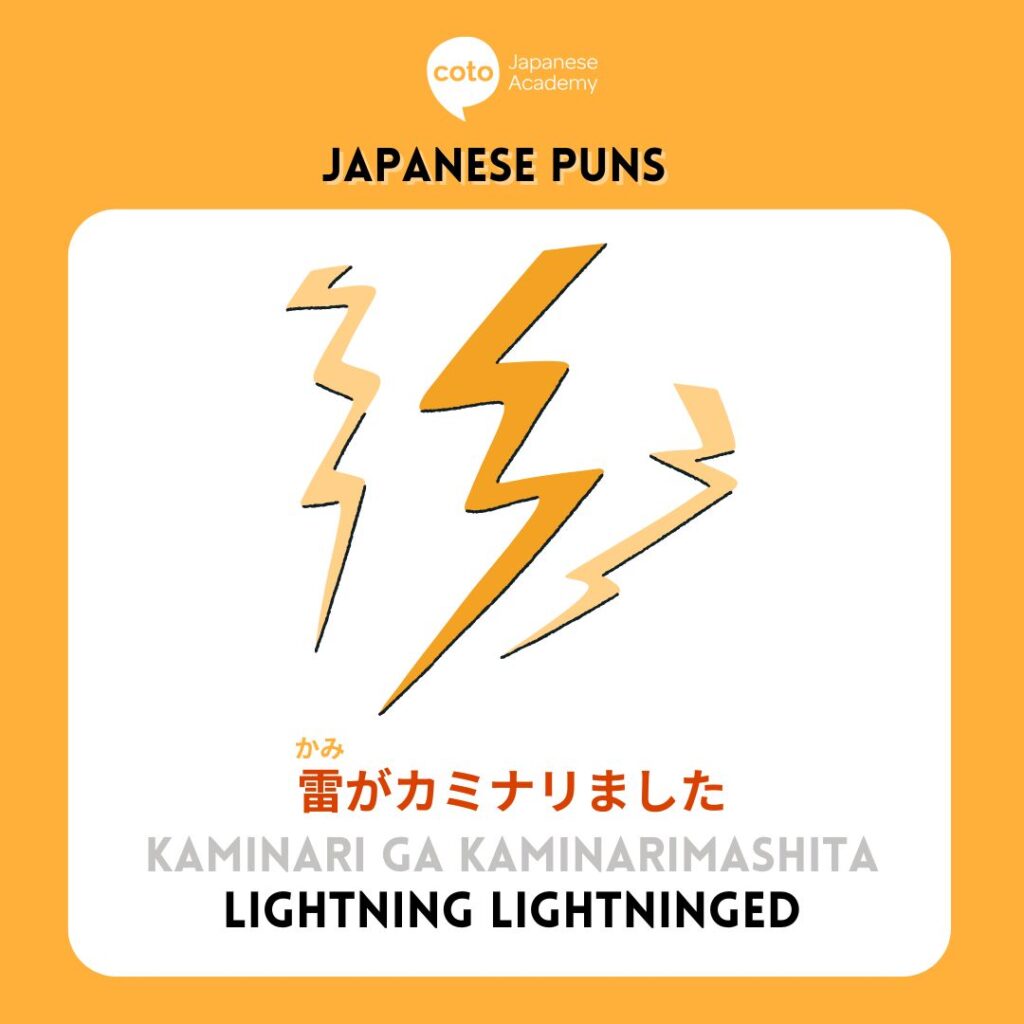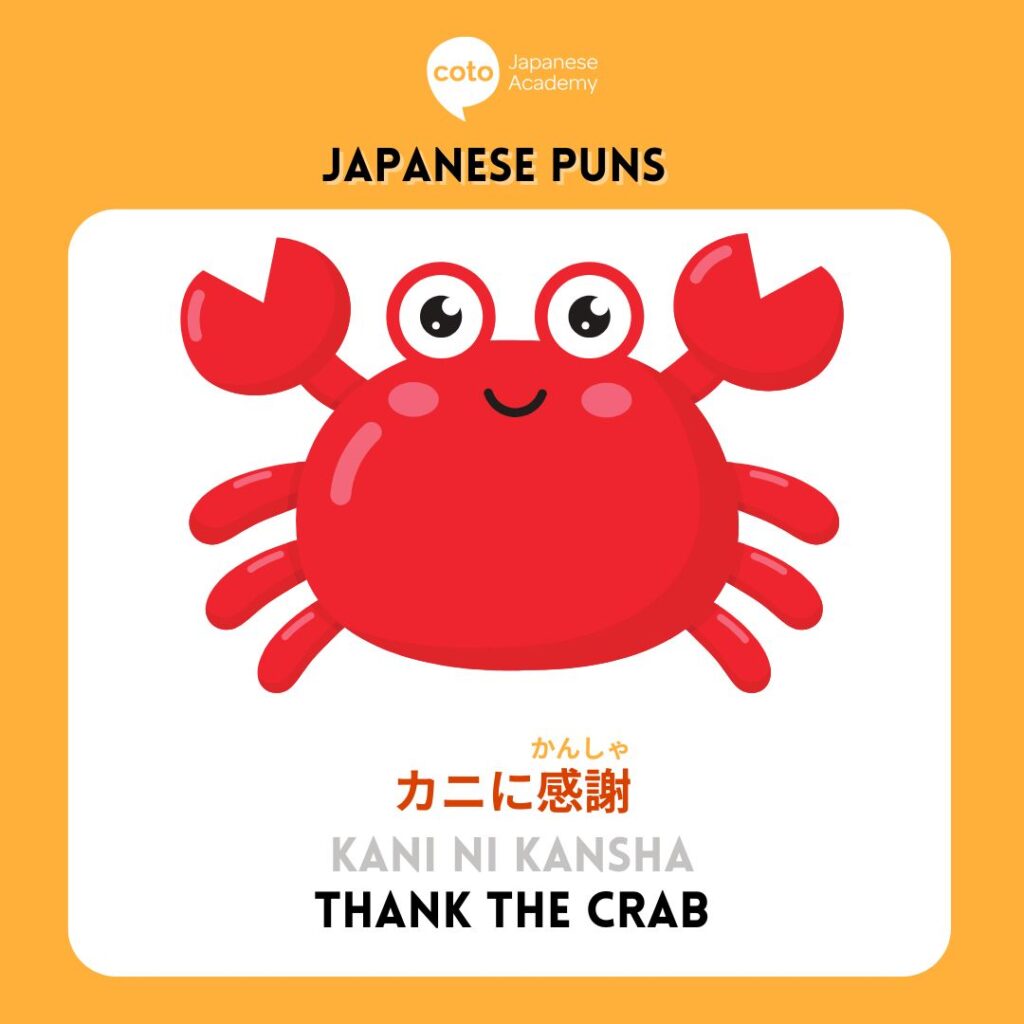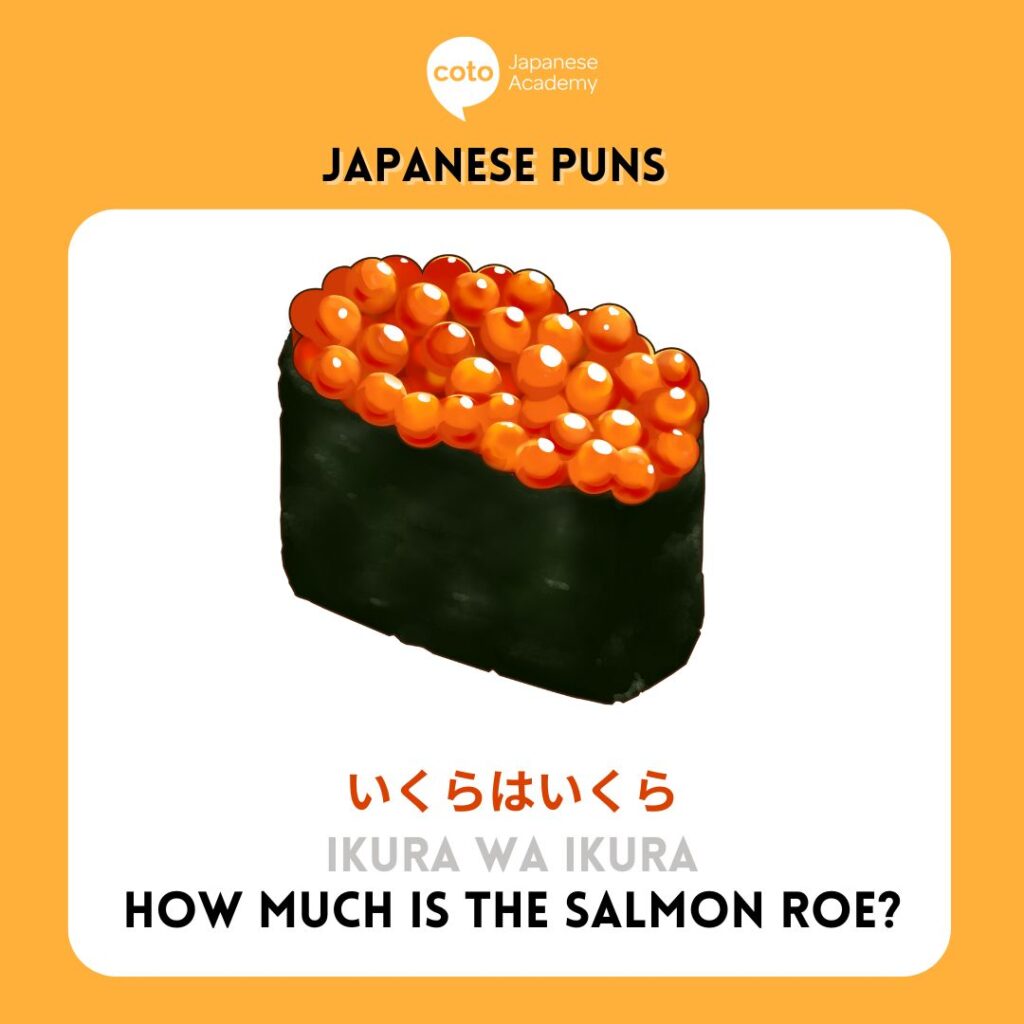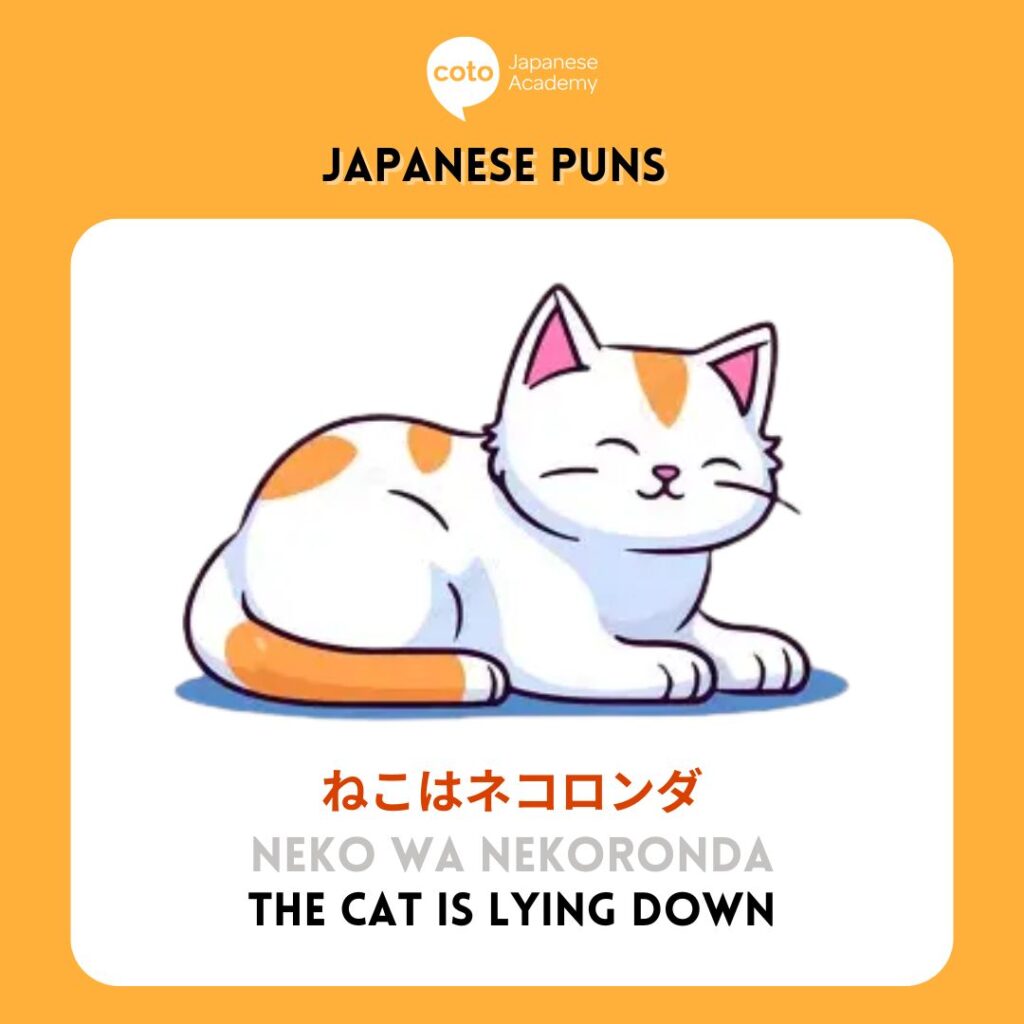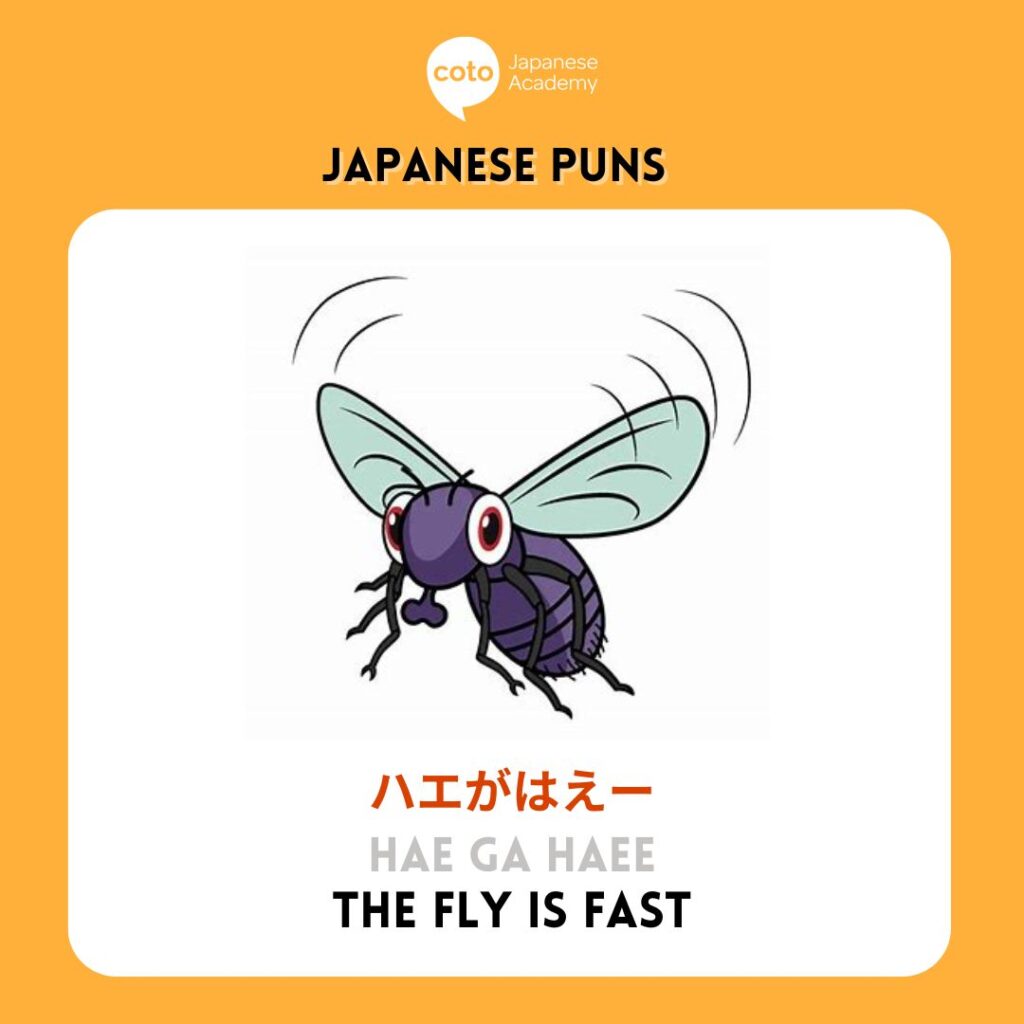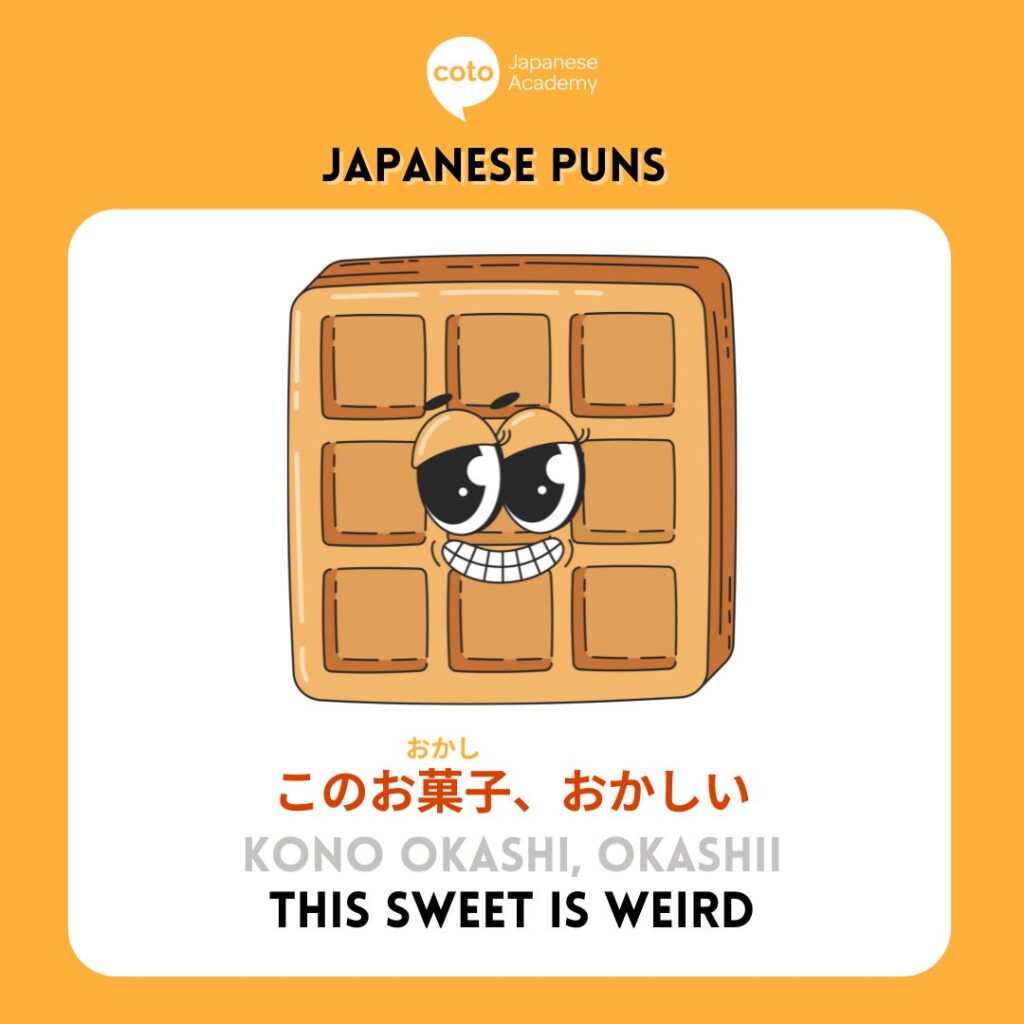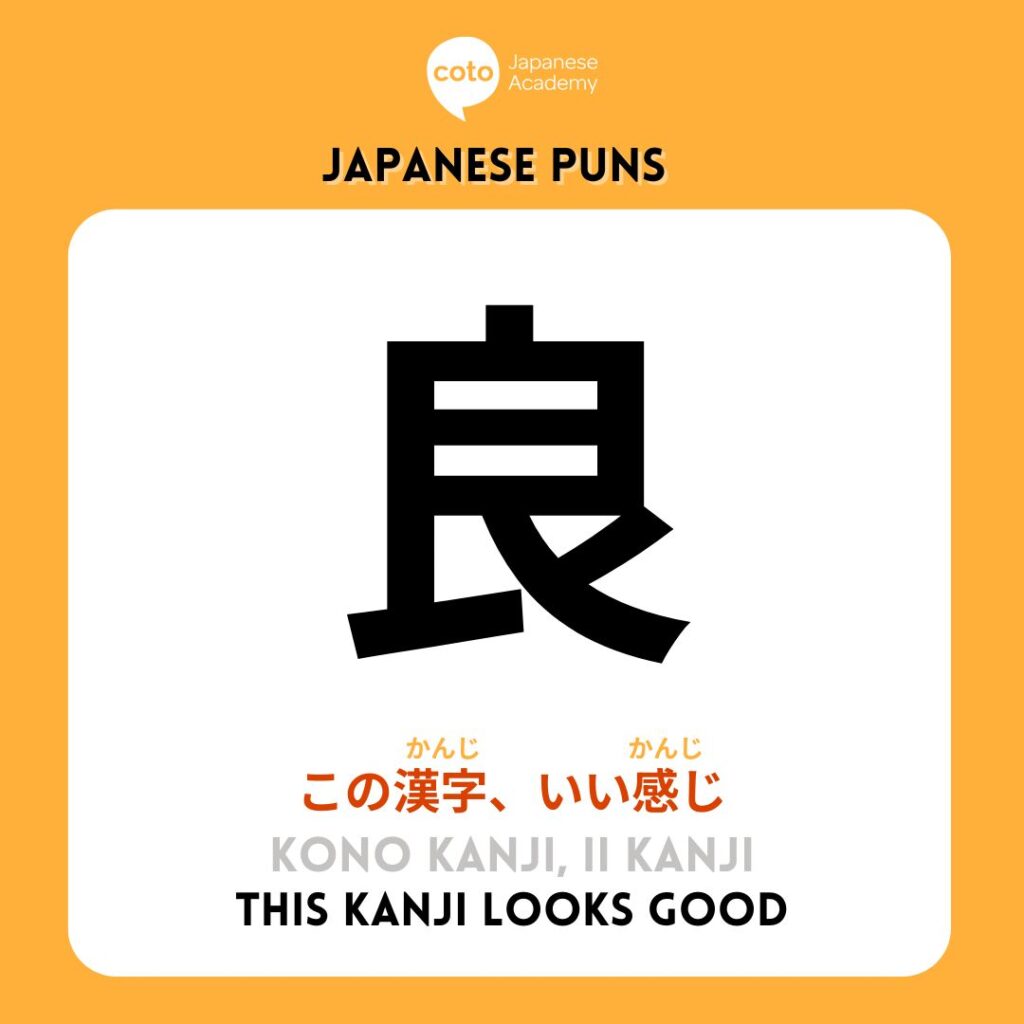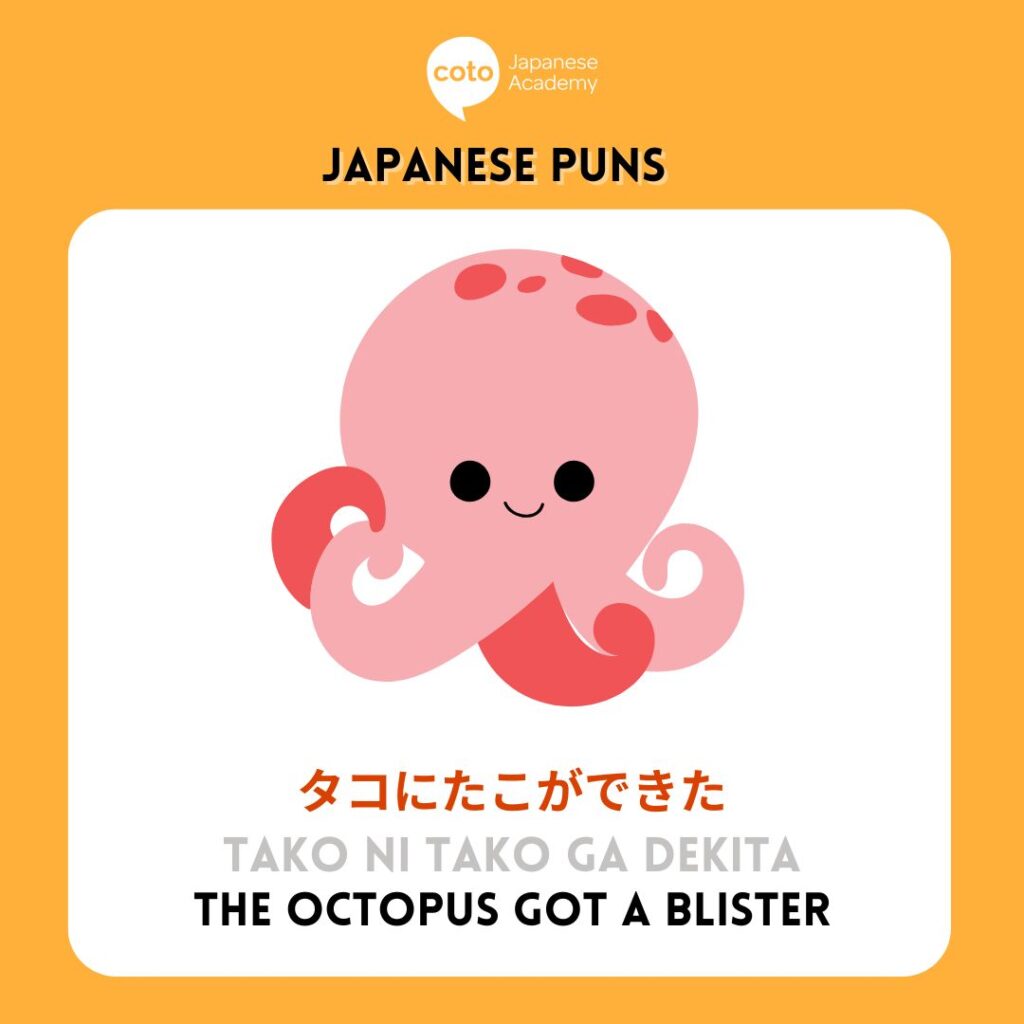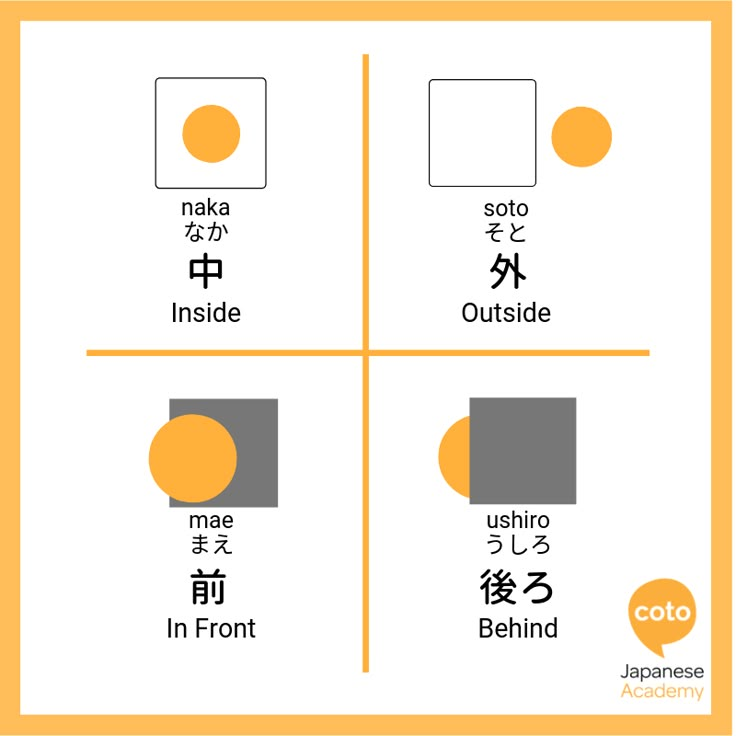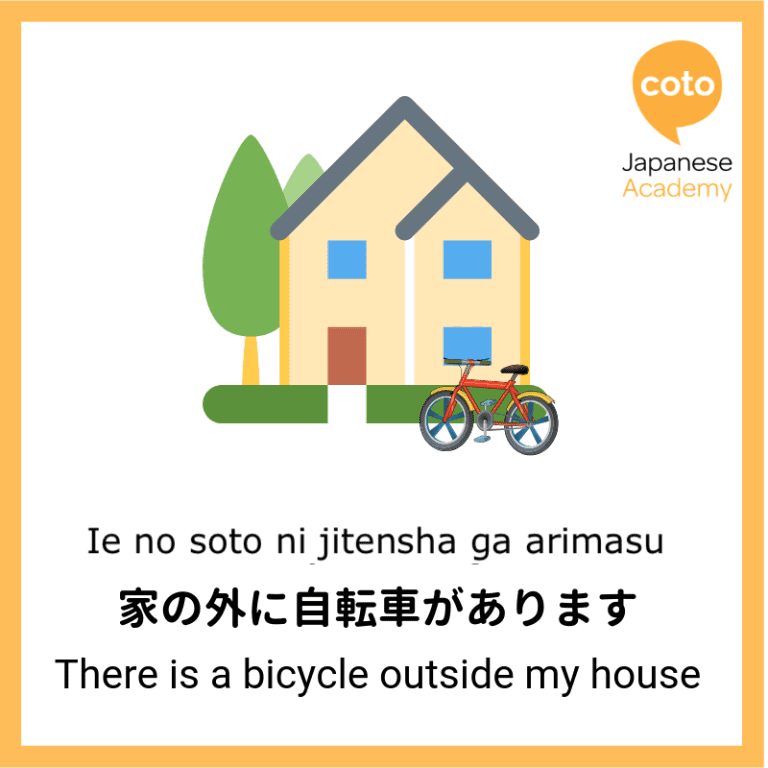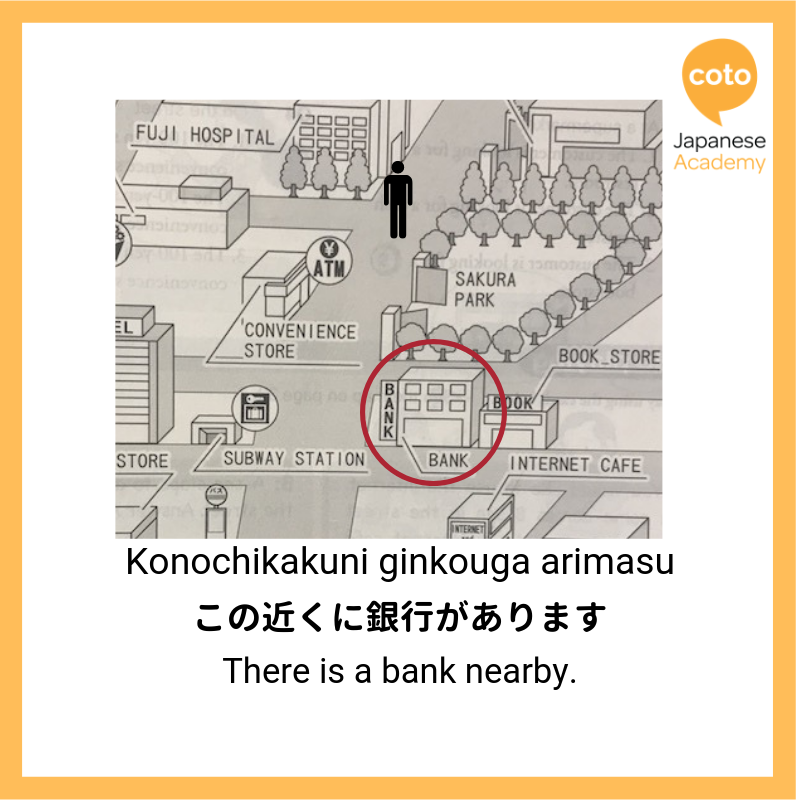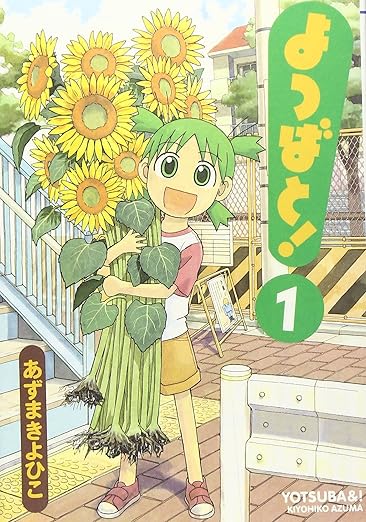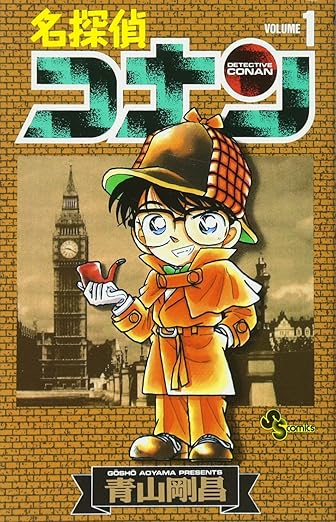Japanese is considered to be one of the hardest languages to learn in the world. Studies have shown that on average, it takes about 2,200 classroom hours to learn Japanese on a proficient level, which is equivalent to 88 consecutive weeks. That being said, it remains one of the most fascinating and beautiful languages to learn as well.
So, if you have ever caught yourself thinking, “Why is Japanese so hard to learn?” you are not alone. This article breaks down the main reasons why the Japanese language may feel difficult and shares encouragement as well as practical tips to help you power through. Whether you are just starting or stuck mid-way, here is what makes Japanese so tough — but why it is still absolutely worth learning.
Is Japanese really a hard language to learn?
Yes, Japanese is considered a hard language to learn, but only if your native language is vastly different from Japanese. The Foreign Service Institute (FSI), which focuses on teaching languages and cultures to US diplomats and government officials, has a system that ranks languages based on how difficult they are to learn. FSI classified Japanese as a “Super-hard language.”
But you should take this with a grain of salt: FSI ranks languages based on how long native English speakers learn them. If you speak languages like Spanish, French, and Italian, among others that are in the same language family as English, the study hours are probably close to that.
This has numerous reasons, one of the biggest ones being that English and Japanese have very few words with a common etymological origin.
On the other hand, those who speak Chinese or Korean, or languages that come from similar roots to Japanese, can learn Japanese more quickly.
This is not to be mistaken that the Chinese and Korean languages originate from Japan. In fact, it’s Japanese and Korean that borrow words from the Chinese language. 50% of Japanese words come from Chinese.
Let’s compare “university” in Japanese, Korean, and Chinese.
| Japanese | Chinese | Korean |
| 大学 Daigaku | 大学 Dàxué | 대학교 daehaggyo |
The Japanese, Chinese, and Korean words for university are not exactly the same, but there is a close phonetic resemblance between the three words. For reference, it takes 3,900 hours to study JLPT N1 without kanji knowledge. For students with kanji knowledge, it takes 2,150 hours of JLPT study to pass — almost half the time!
Reasons why learning Japanese is hard
1. Complex writing systems
The Japanese language is made up of 3 different writing systems. The hiragana, katakana, and kanji system all have their own characters and complexities, but are very necessary when learning the language.
Hiragana
Hiragana is usually the first writing system that you will encounter on your learning journey. In this system, the symbols represent whole syllables rather than individual sounds or words. In Japanese, words are made up of a combination of syllables, thus taking away the need for singular letter symbols. This system is the most traditional and dates back to the 9th century.
Katakana
Katakana is very similar to hiragana when it comes to word formation. Once again, the symbols are meant to represent syllables; this system was mainly adopted in order to introduce syllables and sounds that were not originally part of the Japanese language. Most of the Katana symbols are inspired by those of the Hiragana system, making it easier to decipher.
Kanji
Kanji is usually the last system taught throughout the learning curve of the language, as it is the one with the most complexity. The symbols used were originally Chinese characters and made up the first writing system in Japan. Both hiragana and katakana are evolutions of this writing system. Rather than representing syllables and sounds, these symbols are meant to represent complete words or ideas on their own, meaning that there are approximately 50,000 kanji symbols to learn before fully mastering this system.
Read More: Hardest Kanji to Learn
2. Grammar Differences from English
Subject-Object-Verb (SOV) Order
One of the first things English speakers notice while learning Japanese is the change in sentence structure. While the English language typically follows a Subject-Verb-Object (SVO) order — for example, “I eat sushi” — the Japanese language uses a Subject-Object-Verb (SOV) pattern.
So, the same sentence we previously saw in English becomes: Watashi wa sushi o tabemasu, meaning “I sushi eat” in Japanese. This reversal often surprises learners and requires a shift in thinking. Adjusting to this word order takes time, but it is a fundamental part of mastering Japanese grammar.
| English Word Order | Japanese Word Order |
| Subject + Verb + Object | Subject + Object + Verb |
Let’s try to translate a Japanese sentence literally, based on its word order.
| Subject | Subject Particle | Location | Location particle | Object | Object Particle | Verb |
| 田中さん | は | 喫茶店 | で | コーヒー | を | 飲んでいます。 |
| Tanaka-san | wa | kissaten | de | koohii | o | nondeimasu |
| Tanaka | cafe | at | coffee | is drinking |
Confusing, right? With time, you’ll get used to the sentence structure, but you might need time to adjust to it when translating whatever Japanese sentence you hear or see into your native language.
The Japanese language often omits the subject in a sentence if it is already clear from the context, which can lead to ambiguity and confusion for English speakers who are used to always including a subject.
私は公園へ行きます。
Watashi wa kouen e ikimasu.
I am going to the park.
Imagine that you are leaving the house, and your mom asks you where you are going. In this case, it’s obvious that your answer indicates yourself, and no one else. A correct sentence often does not require a subject in Japanese, since the subject is usually implied in the context of the conversation.
園へ行きます
kouen e ikimasu.
(I am) going to the park!
Japanese particles
In Japanese, small words called particles play a huge role in showing how each part of a sentence functions. These particles indicate the subject, object, direction, or even topic of a sentence. Because they carry so much meaning in such a small form, even tiny mistakes with particles can lead to big misunderstandings. Learning to use them correctly is a crucial step in becoming comfortable with Japanese.
Examples:
- Wa: indicates the topic of a sentence
- Ga: marks the subject of the sentence
- Ni: indicates a point in time or direction
- De: indicates the location of an action
- Wo: marks the direct object of a verb
Verb conjugations and politeness
Japanese verbs change not only based on tense but also depending on the level of formality. There are multiple ways to say the same action depending on whether you are speaking casually with friends, politely to a stranger, or respectfully to someone of higher status. This can feel overwhelming at first, but it is all part of Japan’s nuanced communication style. A helpful tip for beginners is to start with the masu-form, which is the standard polite form, and gradually expand to casual or honorific forms later.
3. Politeness Levels and honorific language

Japanese is deeply rooted in social hierarchy, and the way you speak changes drastically depending on who you are talking to. This aspect of the language, also known as keigo (honorific speech), is divided into three main categories: teineigo (polite speech), sonkeigo (respectful speech), and kenjougo (humble speech). These are not just vocabulary swaps; they involve changes in verb conjugation, word choice, and even tone. Navigating these levels of formality is essential for effective and respectful communication in Japanese society.
Quick Tip: Do not feel pressured to master all forms of keigo at once. Focus first on polite speech (teineigo), and then gradually learn the reasoning behind honorific and humble expressions.
Read more about Japanese honorifics here.
4. Different pronunciation and pitch accents
At first glance, Japanese pronunciation seems relatively straightforward since there are fewer sounds compared to many other languages, and most syllables stay consistent. But the real challenge lies in pitch accent. Unlike English, which relies mostly on word stress, Japanese uses pitch to differentiate words that otherwise would sound identical.
For example, hashi can mean “bridge” (橋) with a high-low pitch pattern or “chopsticks” (箸) with a low-high pitch. These subtle differences are not always highlighted in textbooks but can lead to confusion if they are not understood.
Quick Tip: The best way to internalize pitch accent is simply by listening to native speakers and shadowing real conversations.
Read more about Japanese long vowels and double consonants.
5. Cultural context embedded in language

Language and culture are closely intertwined, and this is especially true in the Japanese language. Directness is often avoided; people rarely say “no” outright. Instead, soft refusals such as “chotto…” (meaning “a little…”) are used to politely decline in Japanese while avoiding all confrontation. Japanese also relies heavily on context, so what is left unsaid can be just as important as what is spoken. This means learning Japanese is not just about memorizing vocabulary or grammar rules, but also about understanding the social cues and unspoken norms that guide communication skills in Japanese.
Quick Tip: To get a feel for these small changes, it can be really helpful to immerse yourself in Japanese media. For example, watching TV shows, anime, or dramas with subtitles helps you pick up on tone, timing, as well as the cultural nuances behind everyday language.
6. Learning and practice challenges

1. You cannot “Cram” Japanese
Unlike some fields that respond well to last-minute studying, Japanese is not one you can cram. Mastery in this skill comes from consistent, steady effort over time. This is especially true for memorizing kanji symbols and vocabulary, as they require daily review to truly stick.
Speaking practice with native speakers is just as important, not only for fluency, but for building confidence and a natural rhythm. Keep in mind that setbacks are to be expected; they are a normal part of learning this language. The key is patience and persistence. Progress may feel slower at times, but with regular practice, it can build up in really powerful ways.
2. Not Enough Immersion
Unless you live in Japan or attend an immersive school such as Coto Academy, finding chances to practice Japanese in real-world situations can be really tough. Classroom Japanese often focuses on polite, structured language rather than real-life speech, which is full of slang, casual phrasing, and nuances. What may sound natural in a textbook might come off as overly formal in a regular conversation.
Reading also presents its own unique challenges. For example, Japanese does not use spaces between words, which makes it tricky to separate and understand phrases at a glance. And then there are also loanwords that are borrowed from English but used in ways that can be confusing.
Quick Tip: To bridge the gap between the textbook and natural Japanese, it is helpful to immerse yourself in level-appropriate content such as NHK News Easy, manga, or graded readers. And in order to keep your speaking skills sharp, you can try online conversation lessons or join a Japanese-speaking community.
Ready to overcome the challenges of learning Japanese?
Join Coto Academy today and turn your Japanese learning challenges into achievements! At Coto Academy, we understand that Japanese can be tough, but with the right guidance, it becomes an exciting and rewarding journey. Our experienced teachers provide personalized lessons tailored to your level and goals, helping you master everything from kanji to conversation, honorifics to pitch accent.
Fill out the form below for a free Japanese level check and consultation!
FAQ
Why is Japanese considered the hardest language to learn?
Japanese is considered to be the hardest language because it involves complex writing systems, grammar vastly different from English, and cultural nuance that you cannot find in many other languages.
How long does it take to learn Japanese fluently?
According to the U.S. Foreign Service Institute, around 2,200 hours of study are needed to reach working fluency.
Is Japanese harder than Chinese or Korean?
While each language has unique challenges, Japanese is often seen as harder than Korean for its kanji and honorifics, but easier than Chinese in pronunciation.
What’s the hardest part of learning Japanese?
Most learners struggle with kanji and understanding when to use polite vs. casual speech.
Can I learn Japanese without living in Japan?
Yes, of course! Online classes, language partners, and immersion tools (such as those from Coto Academy) make it very possible to learn from anywhere.


